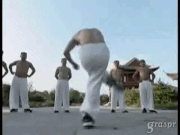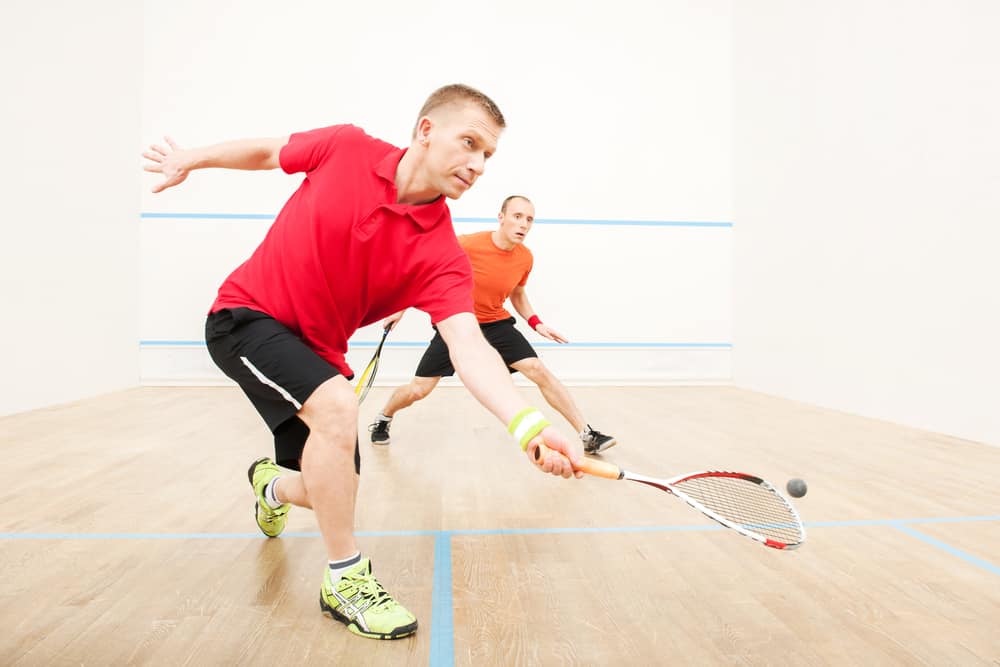If someone's major goals is physical health and fitness, what martial art do you think is best? I'm talking about an average couch potato who wants to shut the TV off and get fit by training in martial arts.
What do you think and why?
There's an additional component in martial arts: the combative portion. Duh. If the goal is fitness, I'd avoid martial arts
unless the combative aspect is what gets them out there: the attractor. I don't think the person should engage in a martial art if they want to get fit
in spite of the combative aspect, or if they
tolerate the combative aspect in order to get fit. Not good for long-term motivation, I think.
(Capoeira sounds good in that way -- very interesting.)
It's the same with any activity, I suppose: unless they're a gym rat, loving the plate-pushing, there's always going to be an external component that is either a distraction
from the fitness, or an attraction
to the activity. If the person doesn't want to fight anyone, they're wasting time learning to fight when they could be on the rowing machine burning calories, or on the weights, building big muscles to metabolize glucose. And they might find the combat more of an irritation rather than a challenge.
For example, I play squash. Love it. But I get fit
in order to play squash: the game is the attractor, since I'm not much into the gym thing, and if not for my love of the game, I'd need to find another reason to go to the gym. (General fitness for survival is a great motivator as I age, though.) While squash is great for cardio, as you improve, you actually run around less as you play more efficiently (of course, the opponent plays a role). The same might be true for a martial art: as you get better at it, you might need to work out elsewhere to work your body harder, depending on the art and opponent, of course.
So if the combative aspect is the
attractor, then great, martial it is. BUT that might depend on the specific dojo, and how much cardio they throw into the training. My thought is that some dojos might expect you to get fit on your own, so the combative aspects need to be enough of an attractor to get you into the gym aside from going to the dojo.
... and of course, injury is a factor. Playing squash, I could injure my hips, knees, back, if I don't stretch enough. So couch potato needs to factor injury avoidance and prevention into the new activities.
My point? As others have written, pick an art that looks like enough fun that it gets you out, has a low risk of injury, and attracts you to do all the other stuff to stay in shape in order to practice the art ... and all that other stuff might have to be done in a gym, not on the mat.
Finally, as with all "which art?" questions, the answer seems to be "check out what's in the neighbourhood." If the dojo is close by, that's a great motivator, no matter what the art is.
So maybe pick an art that's close by, with a lot of cardio in their program.


